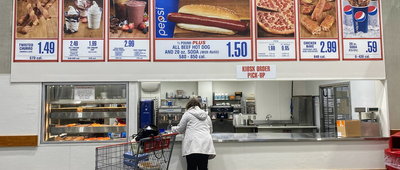O Canada! Who Knew?
America's neighbors to the north have more of a unique cultural identity than U.S. residents sometimes give them credit for. While Canada may seem less consequential than the United States in terms of population numbers and global influence, this vast nation is nothing to scoff at in many other respects, including diversity, health care, the environment, public well-being, and even pop culture. But for those who still think of Canada as nothing more than America's hat, here, in honor of Canada Day on July 1, are some facts about the nation's distinct identity that might be surprising.



































